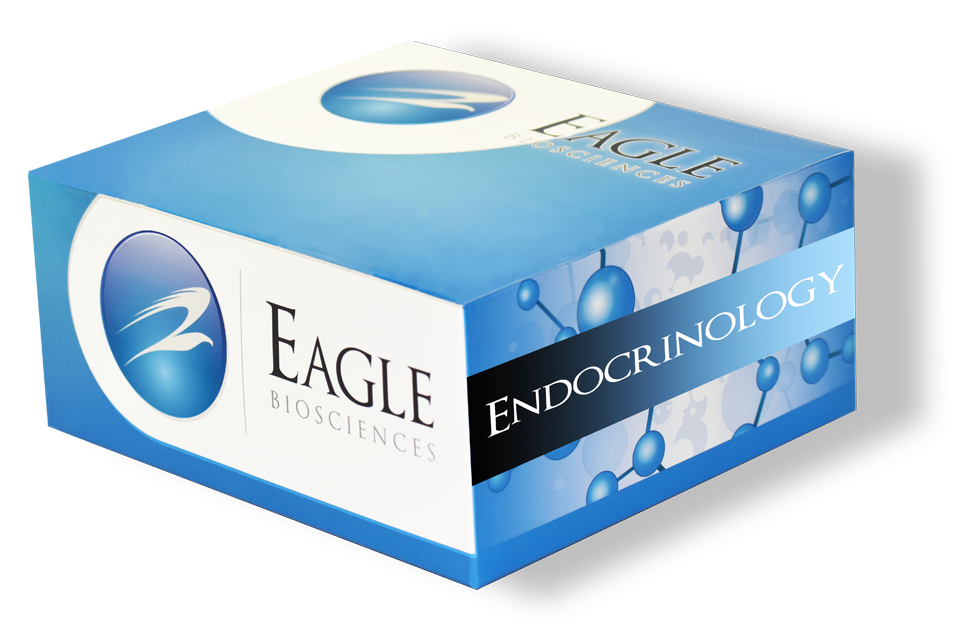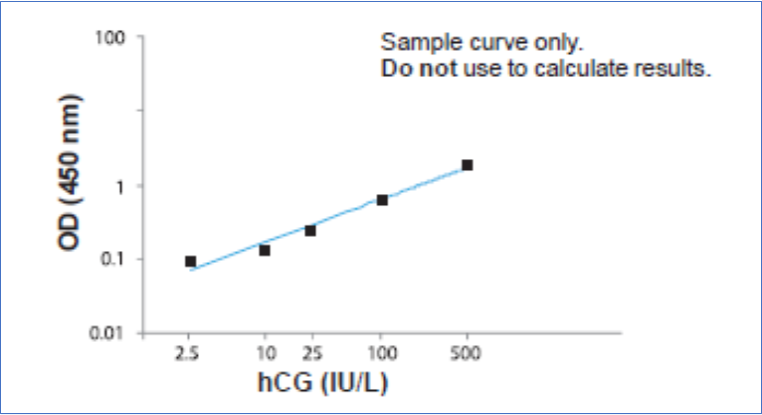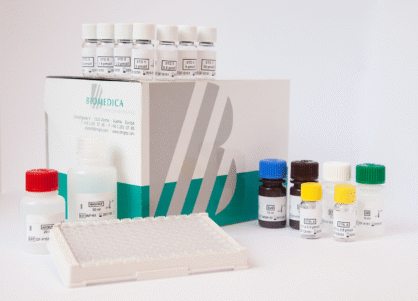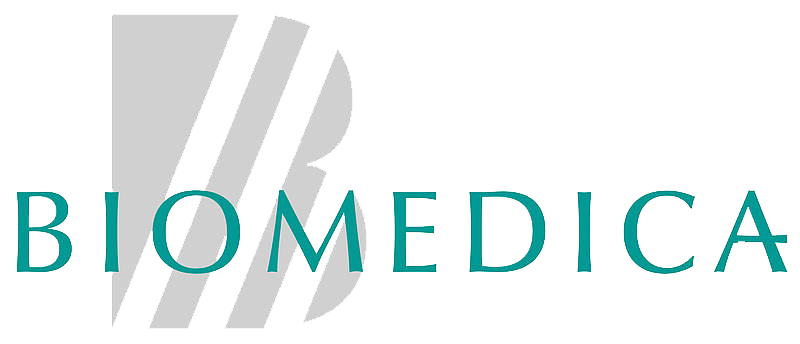Chorionic Gonadotropin (hCG) ELISA Kit
Chorionic gonadotropin, commonly referred to as human chorionic gonadotropin (hCG), is a glycoprotein hormone produced primarily by the placental trophoblast cells shortly after embryo implantation. It plays a vital role in maintaining early pregnancy by supporting the corpus luteum, which in turn secretes progesterone essential for the uterine lining’s maintenance. Structurally similar to luteinizing hormone (LH), hCG also promotes fetal development and modulates the maternal immune response to support pregnancy.
In clinical and research settings, hCG is widely used as a biomarker for confirming pregnancy through sensitive urine or blood tests. Its levels provide important information about pregnancy progression and can help detect ectopic pregnancies, molar pregnancies, or potential miscarriage risks. Beyond obstetrics, hCG measurement is used in oncology to monitor certain cancers, such as choriocarcinoma and germ cell tumors, where hCG is aberrantly produced. Additionally, hCG assays are instrumental in fertility treatments to trigger ovulation and evaluate treatment success.
This Chorionic Gonadotropin (hCG) ELISA Kit is manufactured in USA by Eagle Biosciences.




